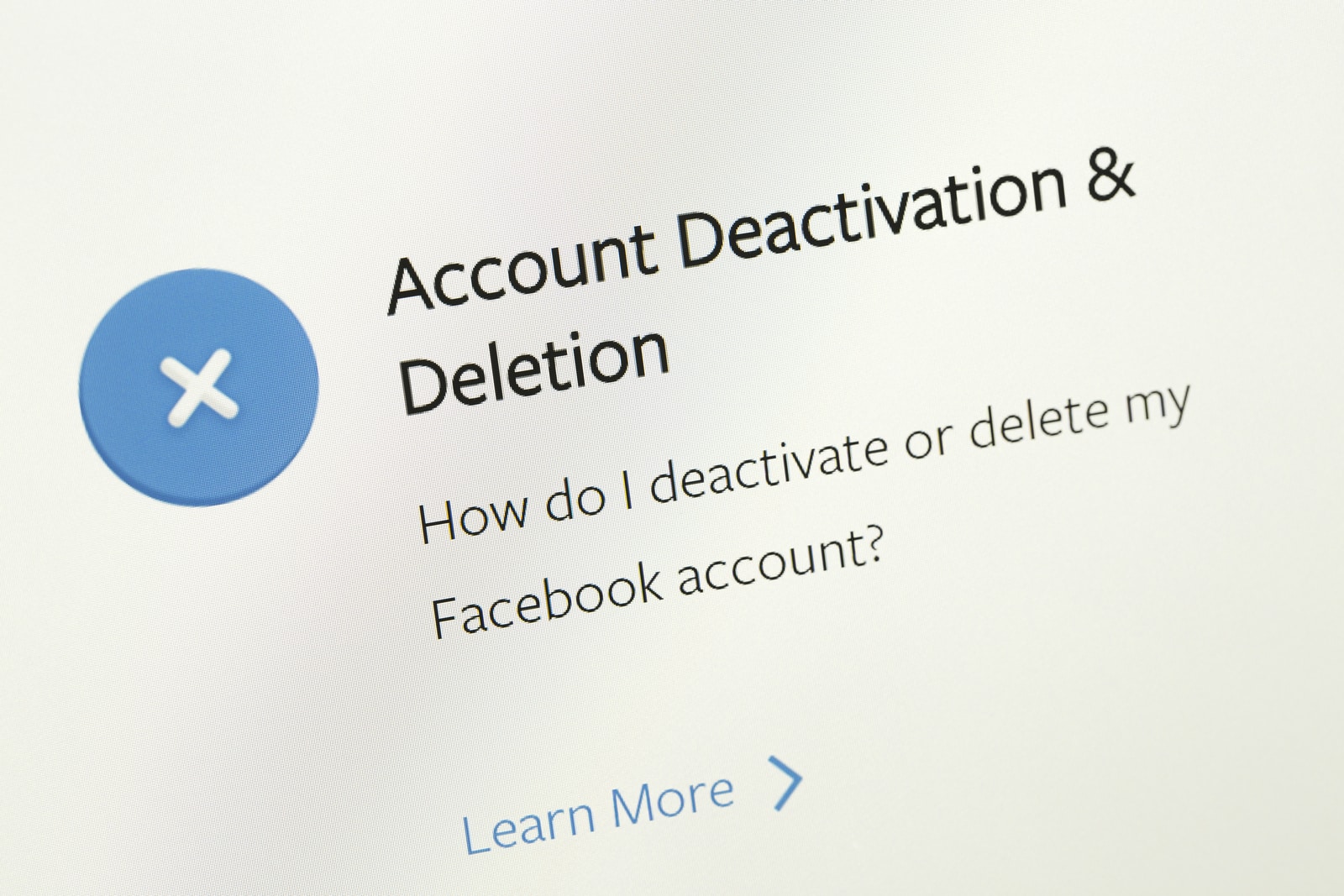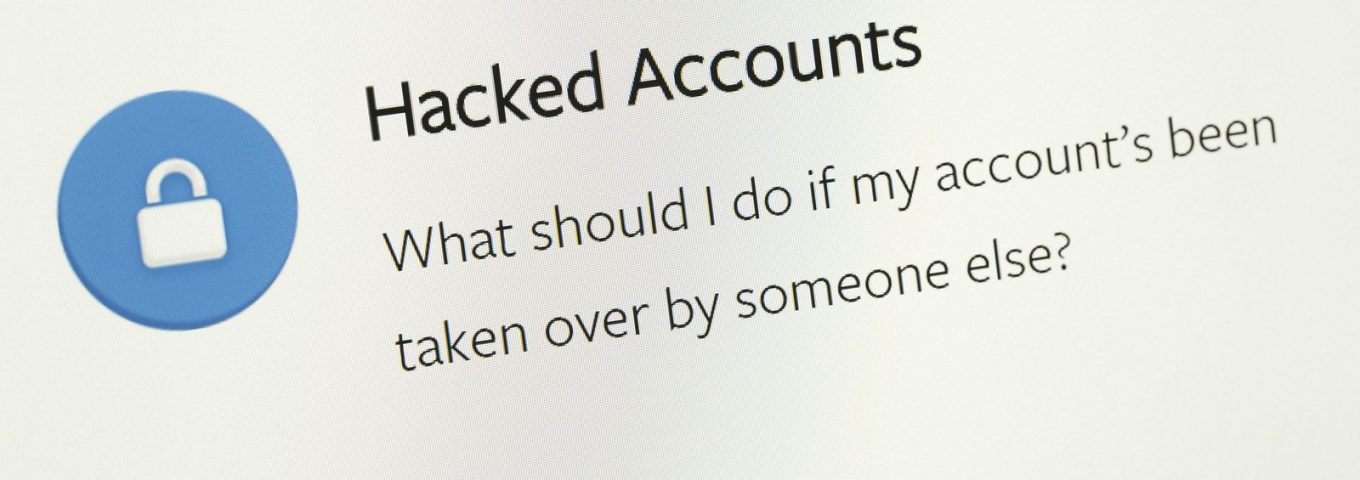Personal Reputation Management Hacked on Facebook
How to not get Hacked on Facebook
Personal Reputation Management experts at JW Maxx Solutions offer some handy advice. Nobody wants to get hacked on any account or profile.
Although there are plenty of very valid reasons for permanently deleting Facebook, for a lot of us, that simply isn’t an option Personal Reputation Management experts JW Maxx Solutions explains Facebook gives us the ability to connect with anyone, anywhere, at any time. For free, which is excellent. And yes, it does have some safety concerns, but with the right account security, you are more or less acceptable.

The biggest problem, according to Personal Reputation Management experts at JW Maxx Solutions, comes from just how easy it can be to hack a Facebook account if the account does not have the proper safety precautions in place. This short article will teach you how to prevent your account from getting hacked, so you can continue to use Facebook safely and responsibly.
Your Online Account Details:
All of your online account details need to be private. Where you went to school, your friend’s list, your email address, your phone number, etc., all of this information should have no place on Facebook. All it does is make you more vulnerable. If someone wants to break into your account, they only need a few pieces of information.
First, they need the account name. Since this is Facebook, it will be your name or your email address. By hiding your email address from your profile, you remove their ability to find the login username easily. Next, they need a password, which most hackers will guess easily using your information. If you frequently post about how you are a huge Phoenix Suns fan, guessing Sun’s related passwords would be the right place to start. To keep your accounts safe, do not have a password that references these kinds of interests.

Personal Reputation Management Firm Explain Extra Security on How To Not Get Hacked on Facebook
Adding security questions is critically important as it allows you an extra line of defense when someone tries to break their way into your account. It also goes hand in hand with account details. Common security questions such as place of birth, first school, name of first pet, make of the first car, etc. are all things you will very likely have posted about on Facebook! Make sure no one but you can find these things, or pick a custom security question that is hard to guess. A good example would be a question that seems obvious but has an entirely unrelated answer. If you pick a non-sensical question, you will be reminded of the solution when you read it. It will also sound downright insane for anyone who tries to guess your answer.
Don’t use facial recognition:
Facial recognition might sound great, but it has a tremendous amount of security flaws. Avoid using fingerprint or facial recognition at all; instead, try to rely on a very complicated password. The more complex a password is, the harder it is to guess, even for a computer. For example, a ten character long password that contains a capital letter, a symbol, nonsequential numbers, and a random hyphen would take incredibly long amounts of time to brute force. Even for the very best computers. By allowing companies such as Facebook to gain accurate data of your face, and then sell it, they could very easily sell the ability to log into your Facebook account. Or a bank account. Just avoid it altogether.
Phishing Emails:
Personal Reputation Management experts at JW Maxx Solutions say Phishing emails are by far the most common way of getting your login details, and then access to your account. They would go something like this -“Dear so and so, we have noticed unusual activity on your account. Please log in using the following link to change your password”. You then “login” through this link, and it tells you that you have deleted your account. What has happened is that you have now sent them your username and password in plain text for them to use to access your account. Never click on a link in an email, and always check your account first, before following any prompts from someone else. If you are unsure whether to trust an email, call the customer support line first.

Security Across all Platforms:
Security across all platforms is the only way to stay safe. If you are careful enough to hide your details on Facebook, but not twitter, then someone can just pull your details from there and use them on Facebook. That is why it is so crucial to use unique passwords for everything. If your Facebook password is the same as your PayPal password, then getting access to one gives you access to the other. Unique passwords and maximum security on every platform is the only way to ensure you are safe and to keep all your accounts from being hacked, including Facebook.
Personal Reputation Management experts JW Maxx Solutions is a Phoenix, Arizona based company that provides positive media outcomes to growth-oriented companies.

